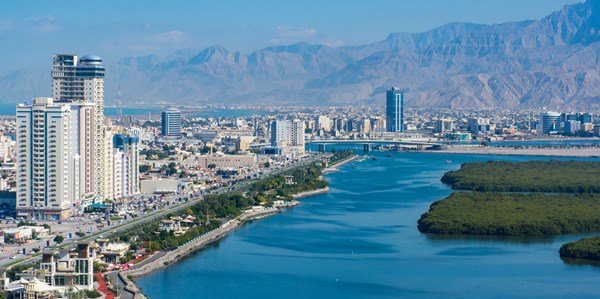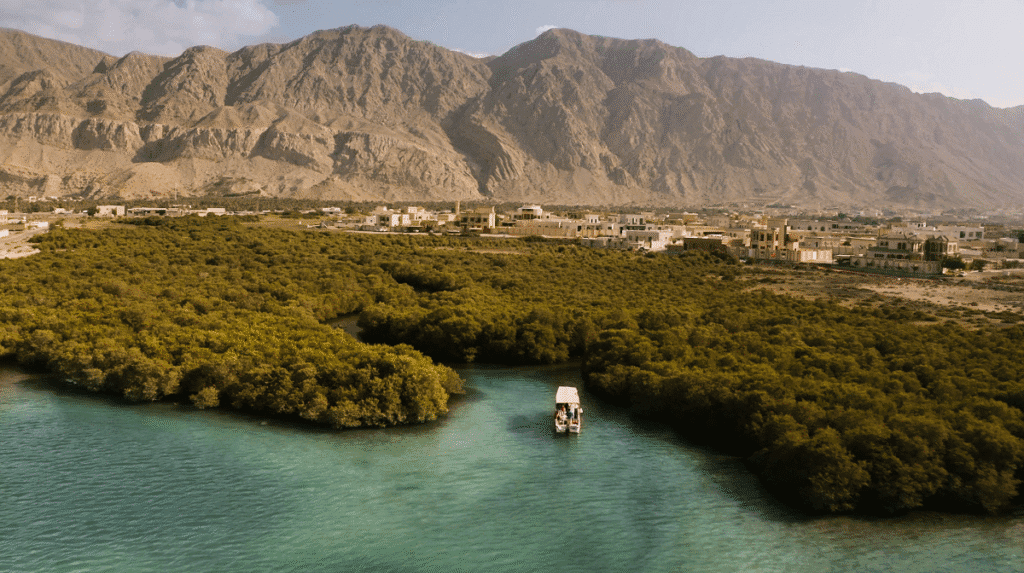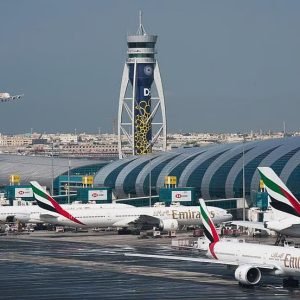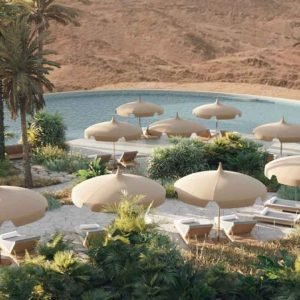Ras Al Khaimah, once the UAE’s best-kept secret, is now gaining global attention for something beyond its scenic mountains and beaches—its commitment to sustainability. As climate consciousness among travelers rises, the emirate is carving a niche in the world of eco-tourism, offering experiences that are not just memorable but also mindful. From luxurious resorts that preserve the natural environment to community-led cultural projects, Ras Al Khaimah is leading a green revolution in Middle Eastern tourism.
A Green Vision for the Future
At the heart of this transformation is a strategic push to make Ras Al Khaimah the regional leader in sustainable tourism by 2025. This isn’t just a marketing slogan—it’s a comprehensive framework designed to protect the emirate’s natural assets, reduce the carbon footprint of tourism, and enhance community involvement.
Ras Al Khaimah became the first destination in the Middle East to receive the EarthCheck Sustainable Destinations Silver Certification, a major milestone that highlights its commitment to long-term environmental health. This certification evaluates destinations on their water and energy usage, waste management, and socio-cultural impact, and RAK has passed with flying colors.

Responsible RAK: A Model for Other Destinations
To support its green goals, Ras Al Khaimah launched the Responsible RAK program, an initiative encouraging hotels, tour operators, and attractions to reduce their environmental impact. With a clear set of metrics and regular audits, this program has already enrolled over 20 major businesses across the emirate.
Notably, hospitality giants and adventure attractions like the Ritz-Carlton and Jais Flight have embraced the program. Since its inception, the initiative has led to a 23% improvement in energy efficiency, a 29% reduction in greenhouse gas emissions, and a dramatic 61% cut in overall waste across the certified entities. These numbers aren’t just statistics—they’re proof that sustainable travel can be profitable, practical, and popular.

Sustainable Luxury: Where Nature Meets Comfort
Luxury doesn’t have to come at the environment’s expense, and Ras Al Khaimah’s new wave of eco-conscious resorts is proving exactly that. The Anantara Mina Al Arab Resort is a prime example. Designed with sustainability in mind, the resort features overwater villas that blend harmoniously with the surrounding mangroves. Guests can experience the Maldives-like ambiance without flying halfway across the globe, all while engaging in low-impact activities such as kayaking through mangrove forests and wildlife observation tours.

Future developments like the Nikki Beach Resort are also being built with eco-principles at their core. These projects focus on minimizing construction impact, using sustainable materials, and incorporating renewable energy sources wherever possible.
Eco-Adventures in the Mountains and Beyond
Ras Al Khaimah’s natural landscape, from the rocky peaks of Jebel Jais to its sprawling desert plains, offers ample opportunities for eco-tourism. The emirate is already home to the world’s longest zipline, the Jais Flight, and it’s about to launch Jais Wings, a paragliding experience that gives thrill-seekers an eagle’s eye view of the dramatic terrain—all while following strict environmental guidelines.
But it’s not all adrenaline and altitude. Ras Al Khaimah also hosts the Bear Grylls Explorers Camp, where visitors can learn survival skills, wilderness first aid, and sustainable living techniques. These immersive experiences foster not only excitement but also a deeper understanding of our planet’s fragility.
Preserving Culture Through Tourism
Eco-tourism in Ras Al Khaimah goes beyond natural conservation. It’s also about preserving the emirate’s rich heritage. There are over 20 historical and archaeological sites, including forts, villages, and ancient tombs, being carefully restored and integrated into the tourism experience.

Rather than turning these sites into sanitized tourist spots, Ras Al Khaimah’s approach focuses on authentic engagement. Guided tours often involve local historians and community members, providing visitors with a genuine connection to the emirate’s storied past. This cultural authenticity is one of RAK’s most compelling offerings in the competitive travel market.
Community at the Core
One of the most remarkable aspects of Ras Al Khaimah’s eco-tourism movement is how it places the local community at its center. By involving residents in everything from guest services to handicraft production, the emirate ensures that tourism is not an extractive industry, but a collaborative and enriching one.
Programs aimed at supporting female entrepreneurs, local artisans, and traditional food producers are empowering communities and ensuring that tourism revenue circulates within the region. This not only enhances visitor experiences with a personal touch but also builds a resilient local economy.
Making Tourism Inclusive
Ras Al Khaimah is also taking steps toward making tourism more accessible. A recent audit of all major tourist facilities—hotels, transportation services, and public attractions—was conducted to assess their accessibility for individuals with disabilities. The goal is to become a truly inclusive destination, ensuring that every traveler, regardless of physical ability, can enjoy what the emirate has to offer.
Inclusive tourism isn’t just about compliance with international standards; it’s about fostering an environment where everyone feels welcome, valued, and respected. This progressive approach adds another layer of depth to RAK’s eco-tourism credentials.
A Record Year for Sustainable Growth
The shift toward sustainability has already begun to pay off. In 2024, Ras Al Khaimah recorded a staggering 1.28 million overnight visitors, marking a 12% increase in tourism revenue. What’s more impressive is that this growth did not come at the environment’s expense—it was supported by careful planning, capacity management, and a focus on quality over quantity.
The emirate has also expanded its international reach, establishing direct flight routes to and from major travel markets including India, Poland, and Saudi Arabia. These connections make it easier for eco-conscious travelers around the world to discover what Ras Al Khaimah has to offer.
Recognition has followed. Ras Al Khaimah’s sustainable tourism program was named the “Middle East’s Most Sustainable Project” at a leading regional sustainability summit, affirming its role as a trailblazer in this space.
Looking Ahead
With its clear vision and measurable goals, Ras Al Khaimah is not just riding the eco-tourism wave—it’s helping shape it. The emirate has already laid a strong foundation for its 2030 sustainability roadmap, which includes further reducing emissions, increasing biodiversity protection zones, and integrating more renewable energy into its infrastructure.
Yet what truly sets RAK apart is its ability to fuse innovation with authenticity. This isn’t just a green marketing campaign. It’s a lived, ongoing transformation—one that invites travelers to be more mindful, communities to be more involved, and nature to be more respected.
In a time when travelers are increasingly seeking experiences that nourish the soul and preserve the planet, Ras Al Khaimah stands tall as an inspiring model of what the future of tourism can and should look like.
Read More: Meet the Underground Musicians Creating a New Sound in Abu Dhabi














